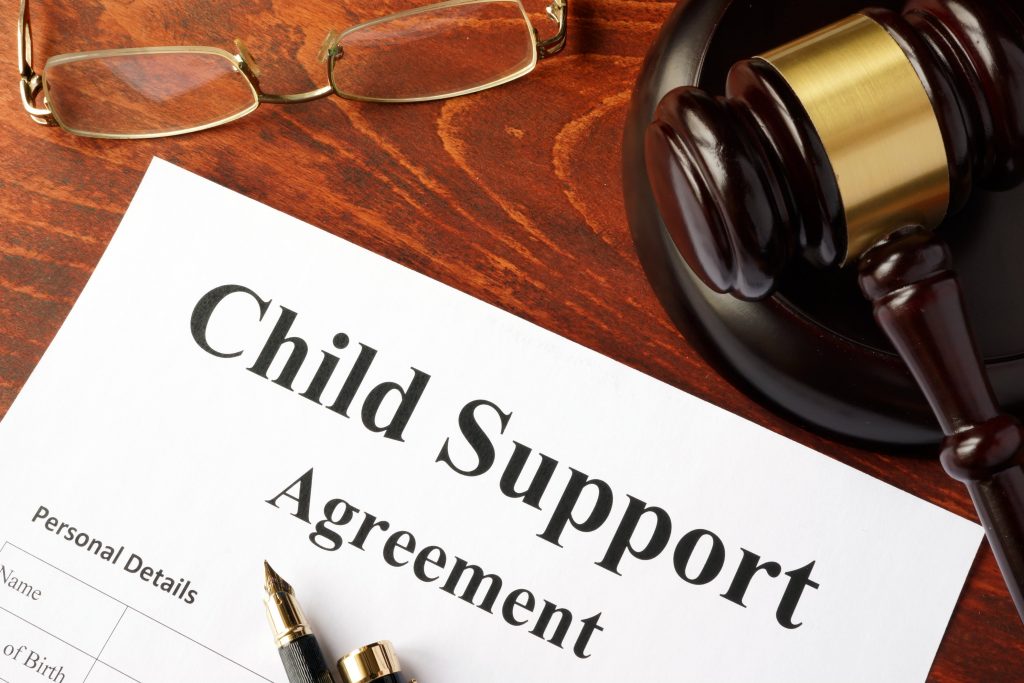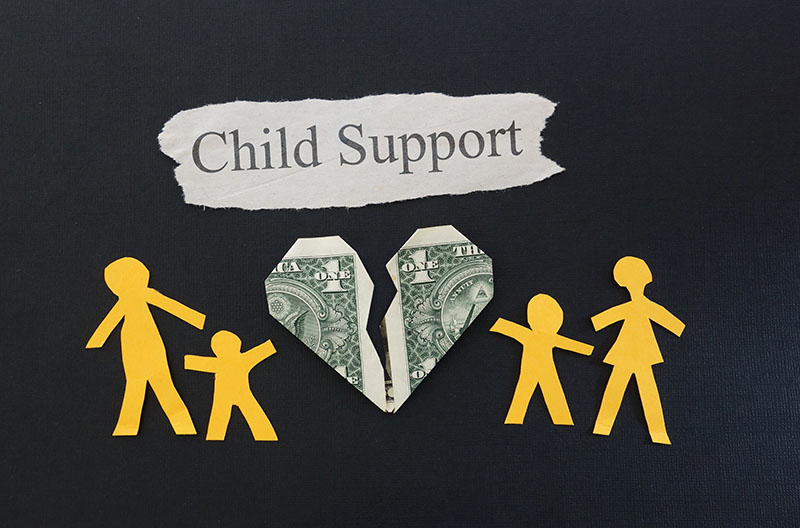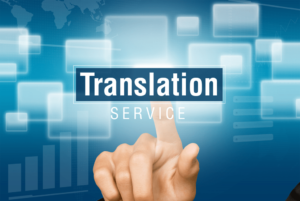The Effect of Bankruptcy on Child Support Obligations

Courts take parents’ financial obligations towards their children seriously, but sometimes parents may not be able to meet up due to challenges. If you’re going through a financial difficulty and you file for bankruptcy, some of your debts are dischargeable. However, child support payment isn’t one of those debts that you can discharge.
The Federal Bankruptcy Abuse, Prevention, and Consumer Act of 2015 prevents parents from using bankruptcy as an excuse to avoid paying child support. It’s a priority debt that a parent can’t wipe away or avoid. Whether you’re the parent paying or receiving child support, it’s essential to understand how bankruptcy can affect such an obligation.
Chapter 7 Bankruptcy and Child Support Obligations
An individual (called the debtor) is eligible to file for chapter 7 bankruptcy if he passes a “means test.” Satisfying this test signifies that his income is low and not sufficient to pay off his debts. A trustee may sell some of the debtor’s property to pay back creditors. Then, he’ll get an “automatic stay” to get rid of debts like credit card and medical bills, and start anew.
Since the automatic stay doesn’t get rid of child support payments, a non-custodial parent must pay any arrears after chapter 7 proceeding is over. Secondly, the court will not consider any income the debtor earns after filing chapter 7 as part of his bankruptcy estate. This income will cover for child support payments.
Additionally, the court may sell any property the creditors didn’t get to cover child support. Filing a chapter 7 bankruptcy doesn’t automatically modify child support payment. You may need to contact child support lawyers in Media PA, to file for modification separately.
Finally, chapter 7 bankruptcy doesn’t prevent custodial parents from pursuing legal action against, to obtain or modify child support.
Chapter 13 Bankruptcy and Child Support Obligations

If your income is too much to qualify for chapter 7, a chapter 13 bankruptcy may offer relief. The difference is that a chapter 13 bankruptcy will not allow creditors to sell your property in exchange for your debts. Instead, the courts will offer you a repayment plan to enable you to pay your debts over a three to five-year period.
The repayment plan will accommodate any owed or current child support payment. After the repayment period elapses, you must show that you don’t owe any child support payment to qualify for a discharge.
With chapter 13, the court considers any income you earn as part of your bankruptcy estate. So, your co-parent must request permission from the bankruptcy court before pursuing any child support lawsuit against you.
However, the interaction between family law and bankruptcy law is complex, and you may need to discuss with child support lawyers in Media, PA. They can help you understand how filing bankruptcy can affect your child support obligations.
How Filing Bankruptcy Can Help You
Filing for chapter 7 or chapter 13 bankruptcy may not make child support payments go away, but it makes it easy to recover overdue payments. Since certain debts are dischargeable, your child support payments may become more affordable.
With a chapter 13 bankruptcy, you can go through your repayment plan peacefully, without losing your properties or post-bankruptcy earnings to creditors.
Conclusion
Congress recognizes child support as a priority debt. It means that anyone who files for bankruptcy and receives a discharge will still be responsible for child support payments. However, if you don’t know how to proceed with your obligations due to a financial challenge, you’re not alone. With the help of child support lawyers in Media, PA, you may get a solution.






